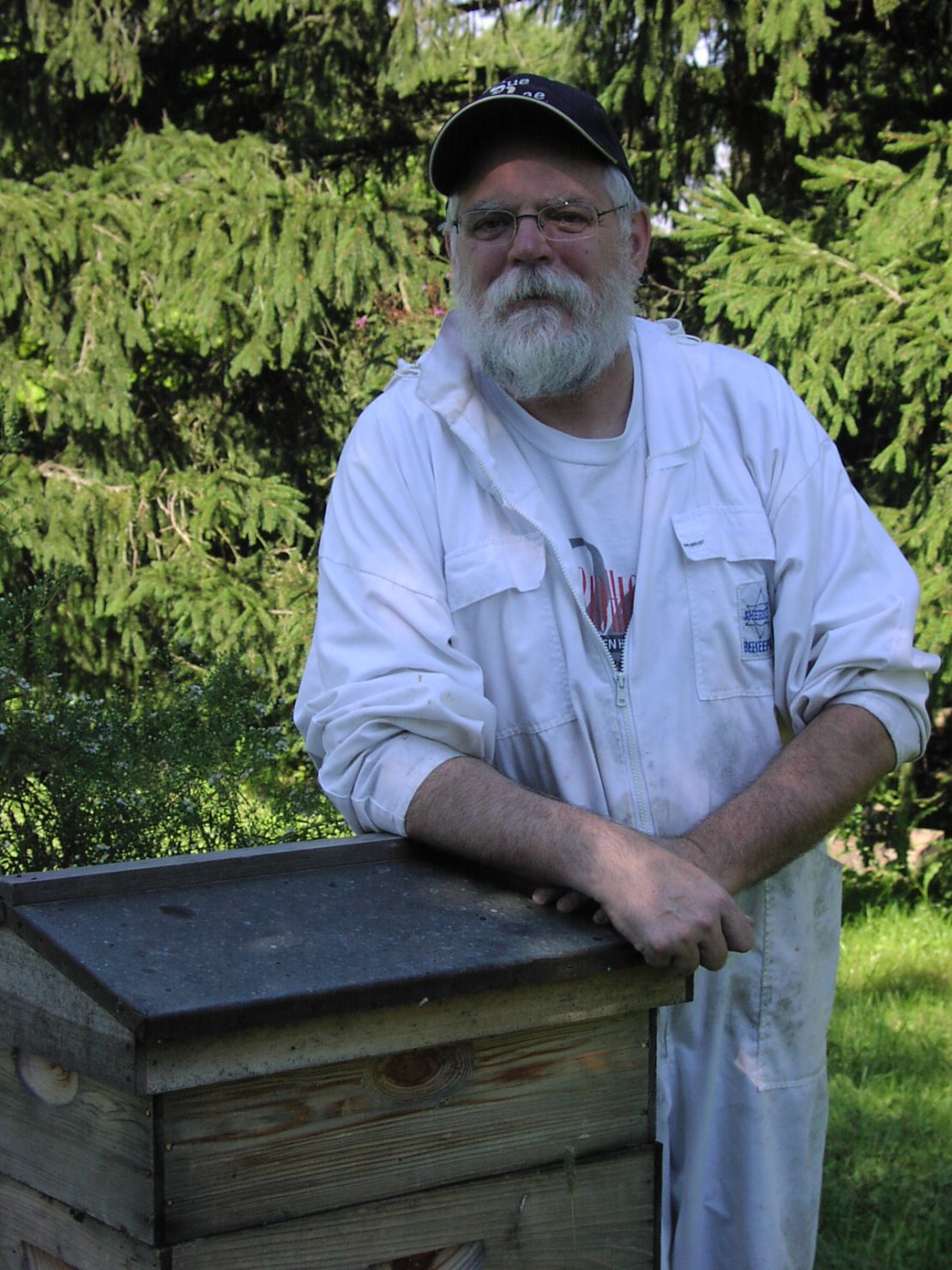Editor’s Note: Kim Flottum is the editor of Bee Culture magazine.
Story highlights
More than half of all the honeybees in the U.S. died almost at once this spring
Kim Flottum: Colony Collapse Disorder describes symptoms, but not cause
He says there are a number of reasons for bees' death, but stress is a major factor
Flottum: The food system in this country for honey bees is broken, and it needs fixing
That honeybees die is not new. And that beekeepers accept that on average 30% or more of their livestock will vanish each spring isn’t new either. But when more than half of all the honeybees in this country die almost at once – that is new. And that’s what happened this spring.
Scientists have given this disaster the catchy, all-inclusive name Colony Collapse Disorder. It describes symptoms, but not cause.
The symptoms are straightforward. When examined in early spring, one day the colony has ample adults, an acceptable queen and a healthy number of juvenile bees ready to emerge and become adults. A week later – the adults are gone. Poof. They vanish into thin air, leaving the juveniles to emerge into a dying world.

Up to now, the disappearance of the bees has been attributed to a cluster of causes, with no single definitive culprit.
Working in concert, malnourished, unhealthy bees are subject to the physical damage of blood-sucking Varroa mites that add insult to injury by sharing a host of immune-suppressing viruses with every bee they bite. Add to this an intestine-eating bacterial disease that destroys a bee from the inside out, and you can see that the end is near.
Get our free weekly newsletter
Beekeepers have expensive controls for mites, viruses and the intestinal disease, and when appropriately applied, those can curb the worst of these problems to an acceptable level – if the bees are healthy to begin with.
With humans, if we get too little sleep, have a poor diet, and take on too much pressure, our stress levels rise and we succumb to ailments our otherwise healthy immune system could easily handle. And we get sick.
So it is with the bees. Their world is overrun with stress.
Riding on trucks affects their ability to produce food the young need. Varroa damage shortens their lives by double-digit percentage points. And the viruses subtract more days of being a bee. Throw in the intestine-eating disease and their fragile lives grow still shorter. And don’t forget the compounds that beekeepers must use to keep Varroa from overrunning a colony. They are killing a bug on a bug. Our honeybees are surrounded on all sides by the means to their own end.
But by my reckoning, it’s the stress that neither the bees nor the beekeepers have control over that is a major issue.
To thrive, any organism needs to be 100% strong, and that begins with a healthy diet. Beekeepers have a saying: Enough good food in the right place at the right time and your bees will be healthy, wealthy and wise. Basically, the food system in this country for honeybees is broken, and it needs fixing.
The Plains states, the Midwest, the Mountain States – all were once a gastronomic paradise for honeybees. Millions of acres of Conservation Reserve Land bloomed, supplying a healthy mix of blossoms to thousands of honeybee colonies.
Today, much if not most of that dietary reserve has been plowed under to make way for 100 million acres of ethanol-producing corn. This sterile desert has nothing to offer – except perhaps a tiny bit of the thousands of tons of agricultural pesticide applied to the corn, way back at planting time, that makes its way to the pollen collected by the bees, which is stored and eaten later. That’s not enough to kill a bee, but it adds another layer of stress. And, some suspect, the tipping point stress.
Florida was a suburb of that paradise, before the trees were sprayed night and day, turning whole counties into a honeybee no-trespassing zone.
Everywhere, people are covering the land. Concrete, says John Miller, a North Dakota commercial beekeeper, is the last crop. When people put concrete down for parking lots, roads or houses, nothing will ever grow there again.
Without good food there is no future for a beekeeping industry in this country. Farmers, state and federal governments all must provide safe land for bees. All of this has been said again and again by pollinator supporters for years.
Without enough good healthy food, beekeeping is destined to become a concentrated feed lot enterprise. Stress wins. Varroa wins. We all lose.
Follow us on Twitter @CNNOpinion.
Join us on Facebook/CNNOpinion.
The opinions expressed in this commentary are solely those of Kim Flottum.
